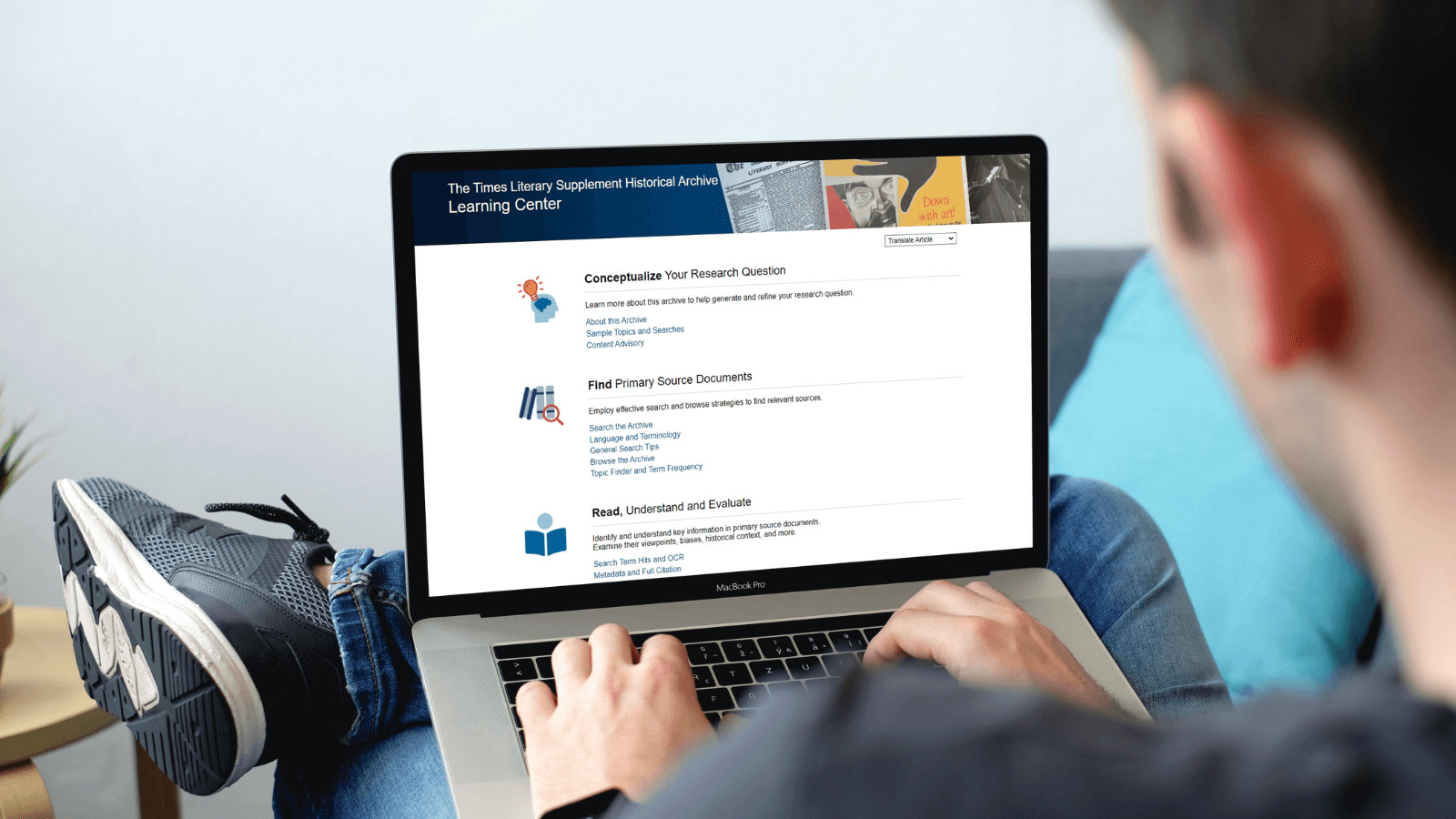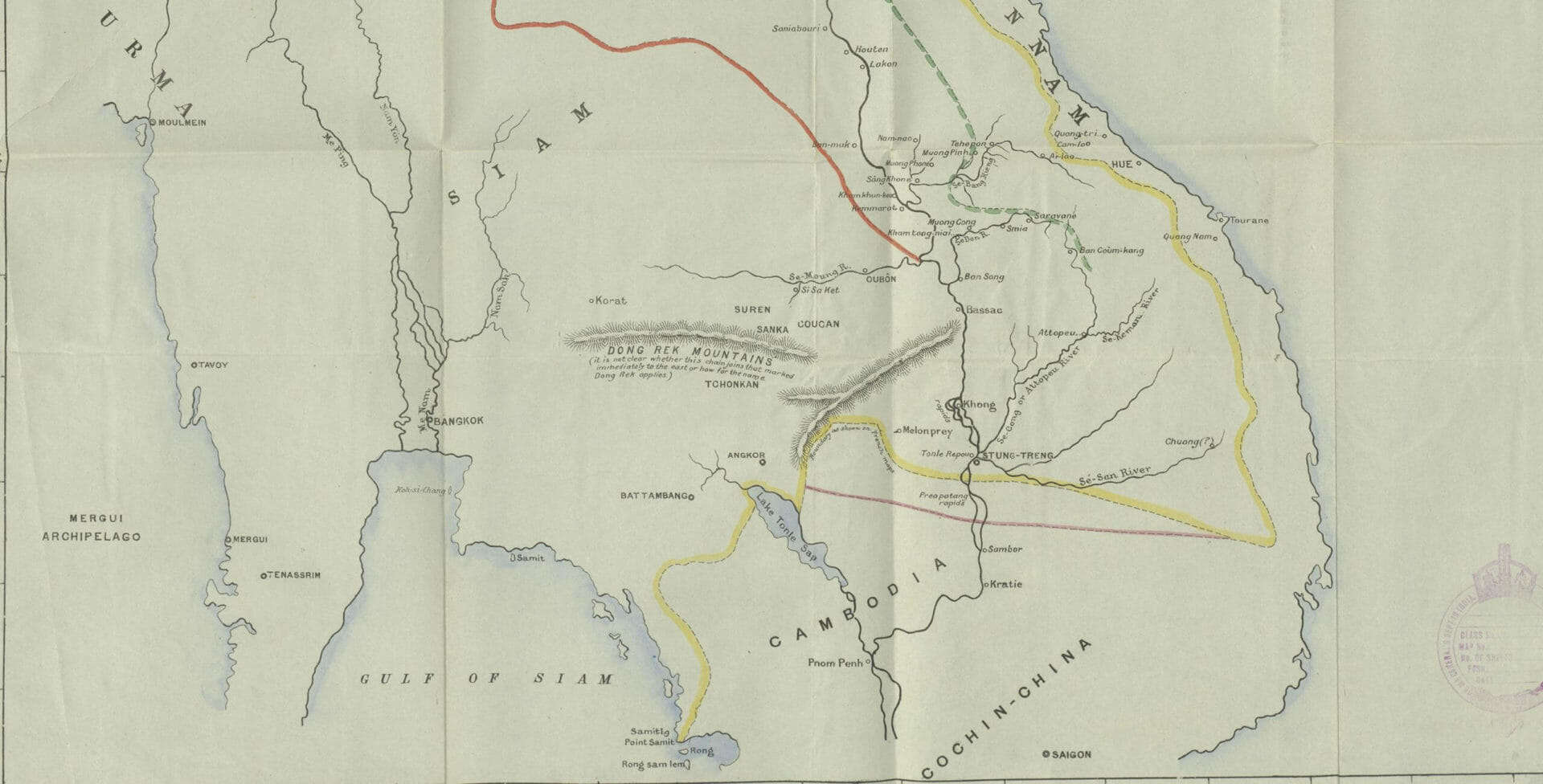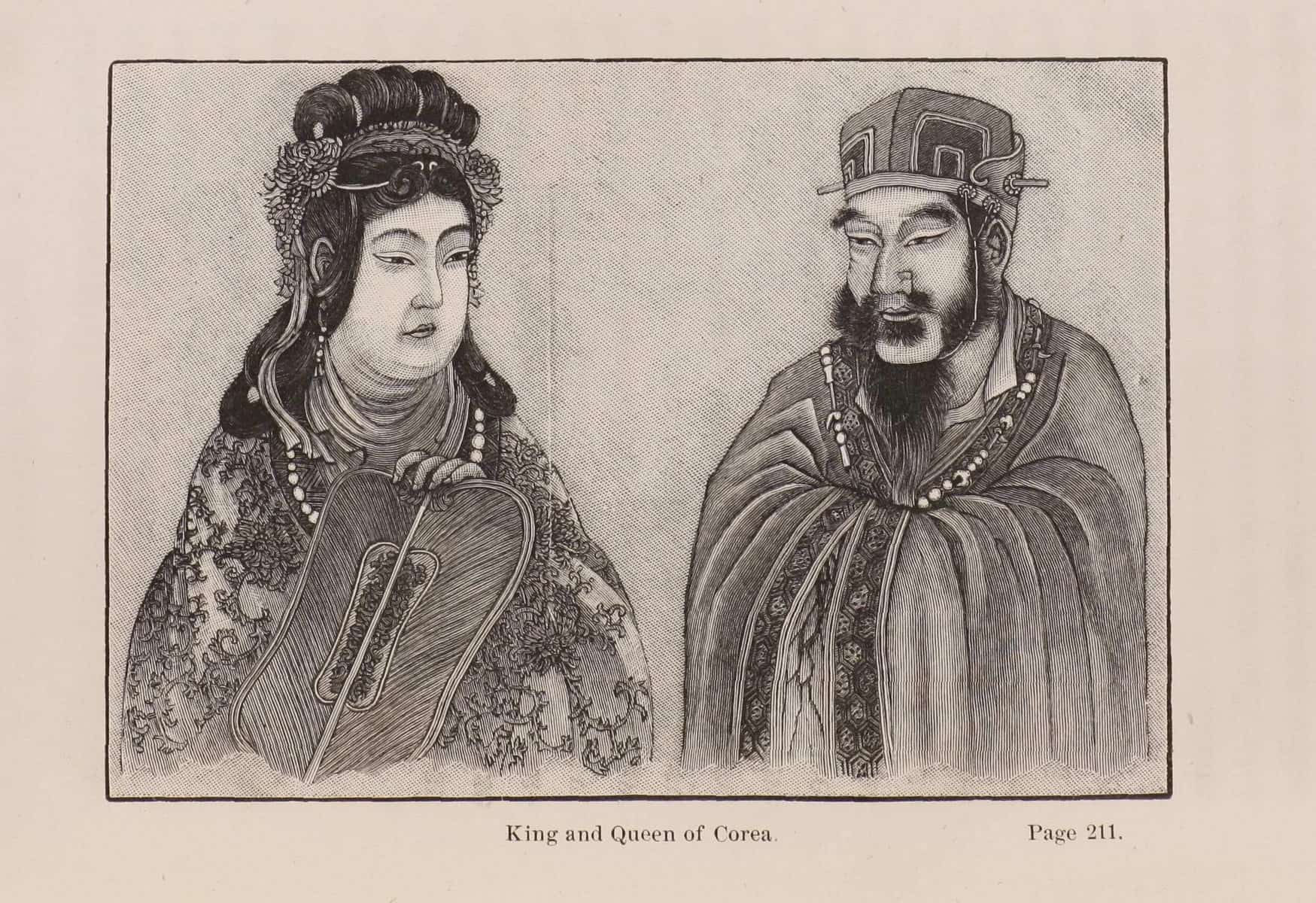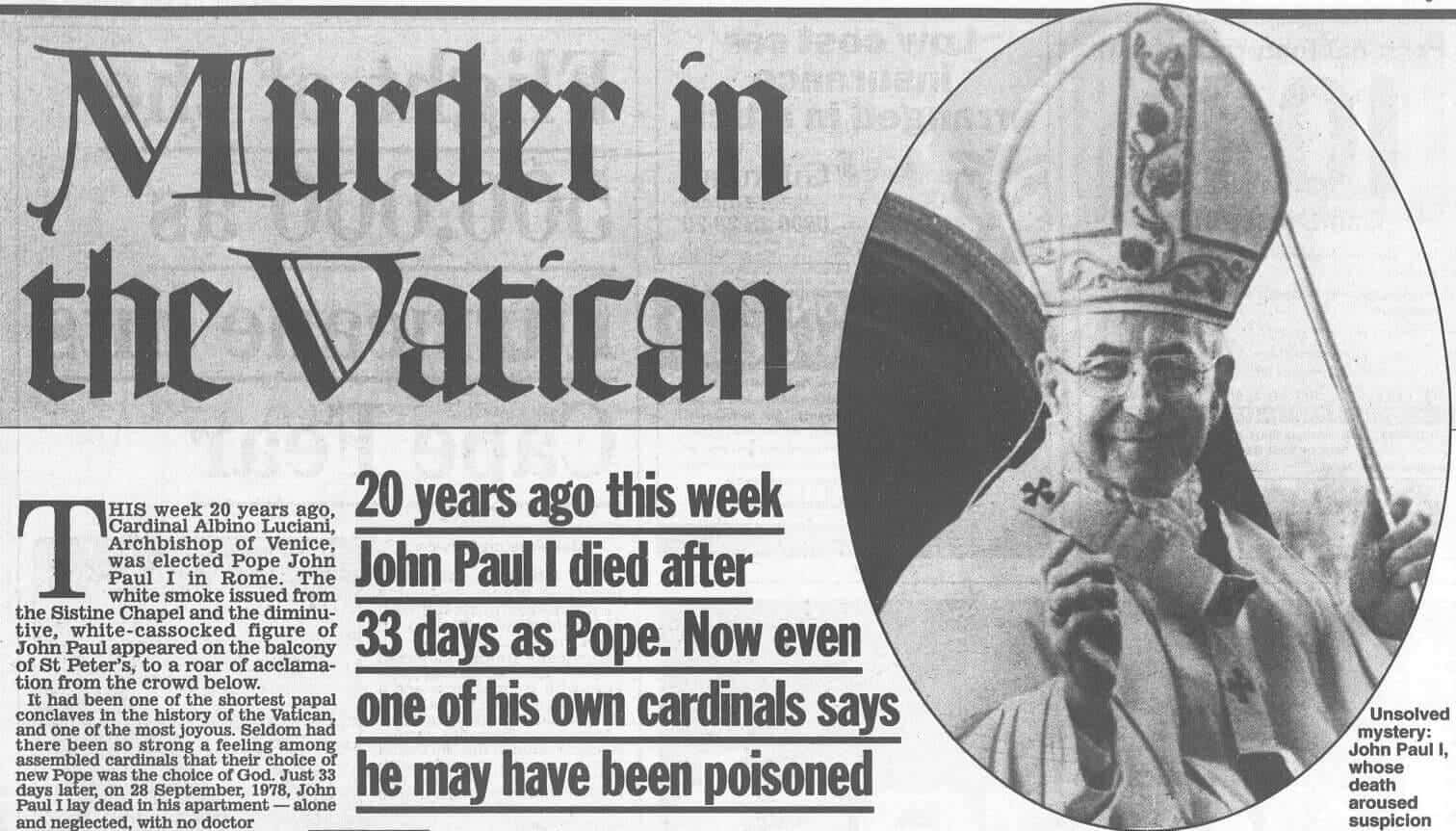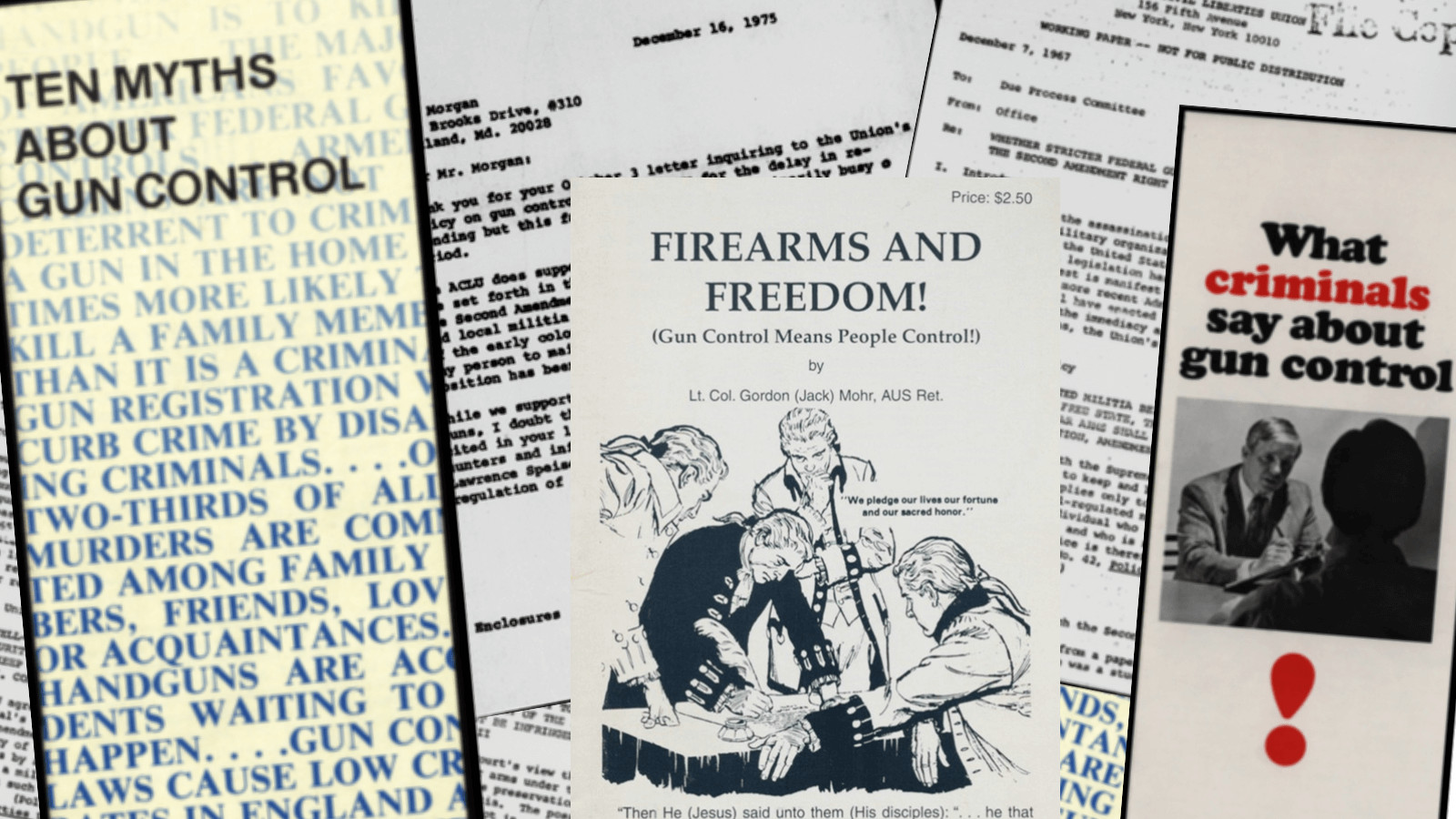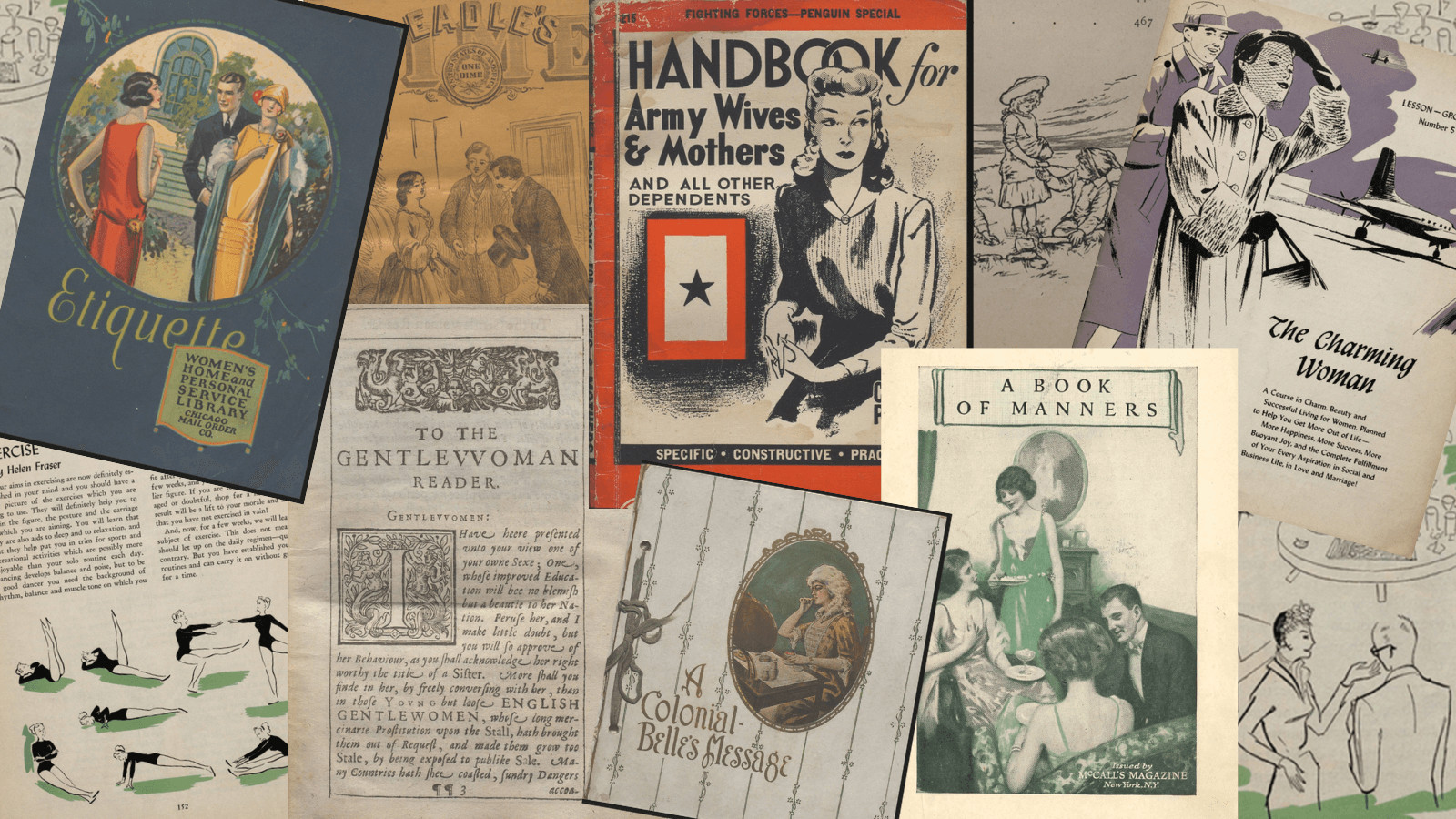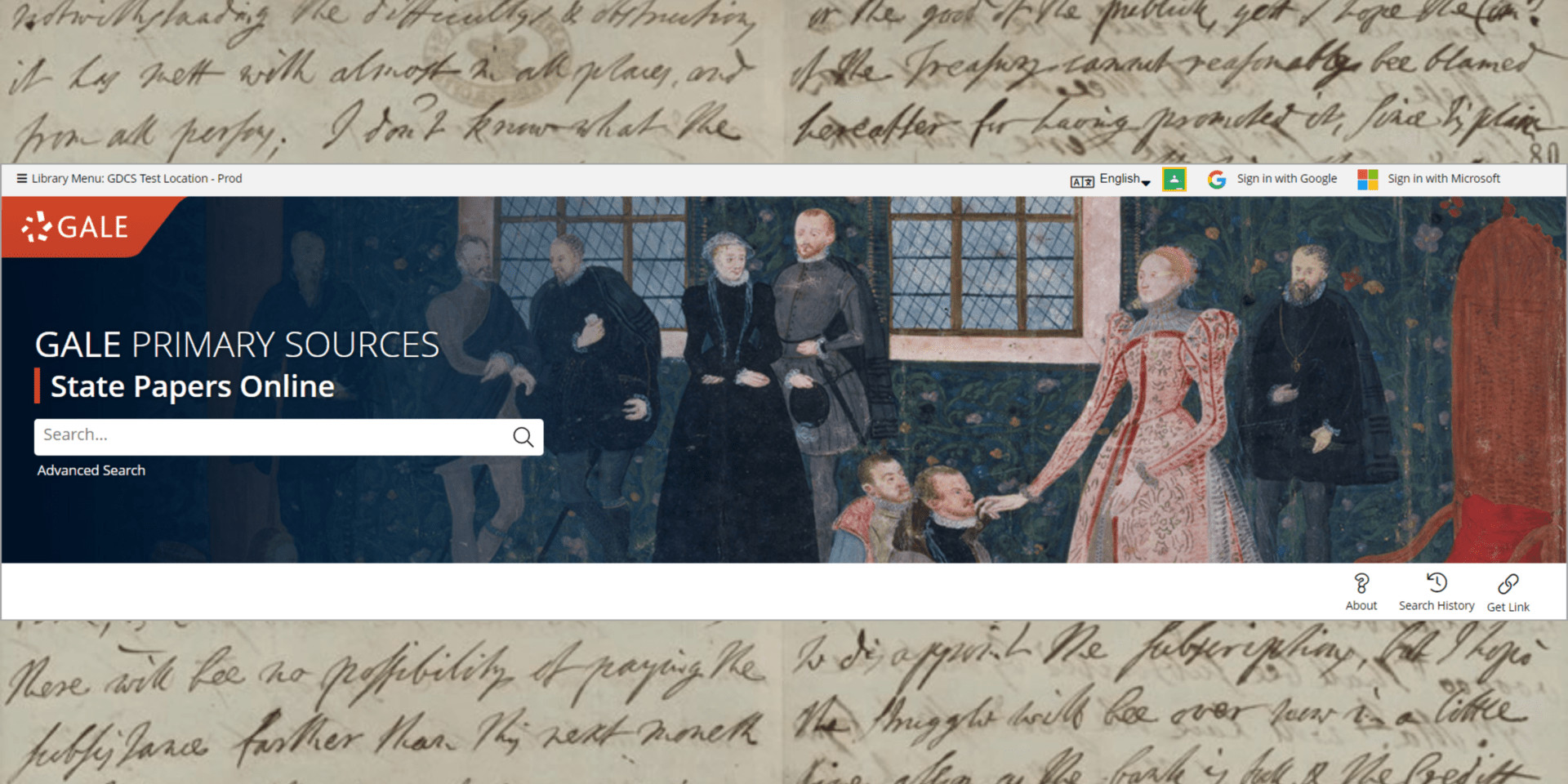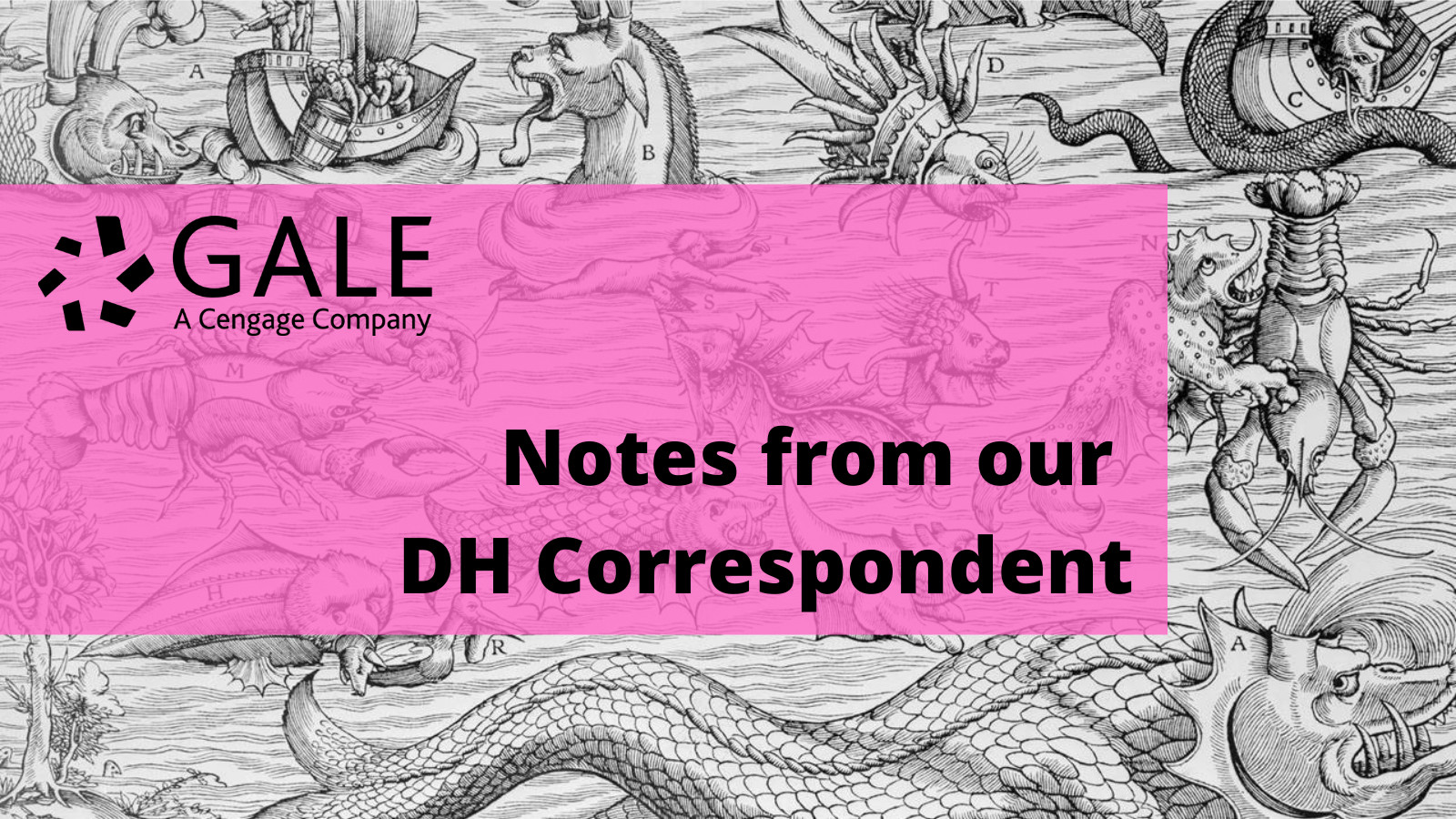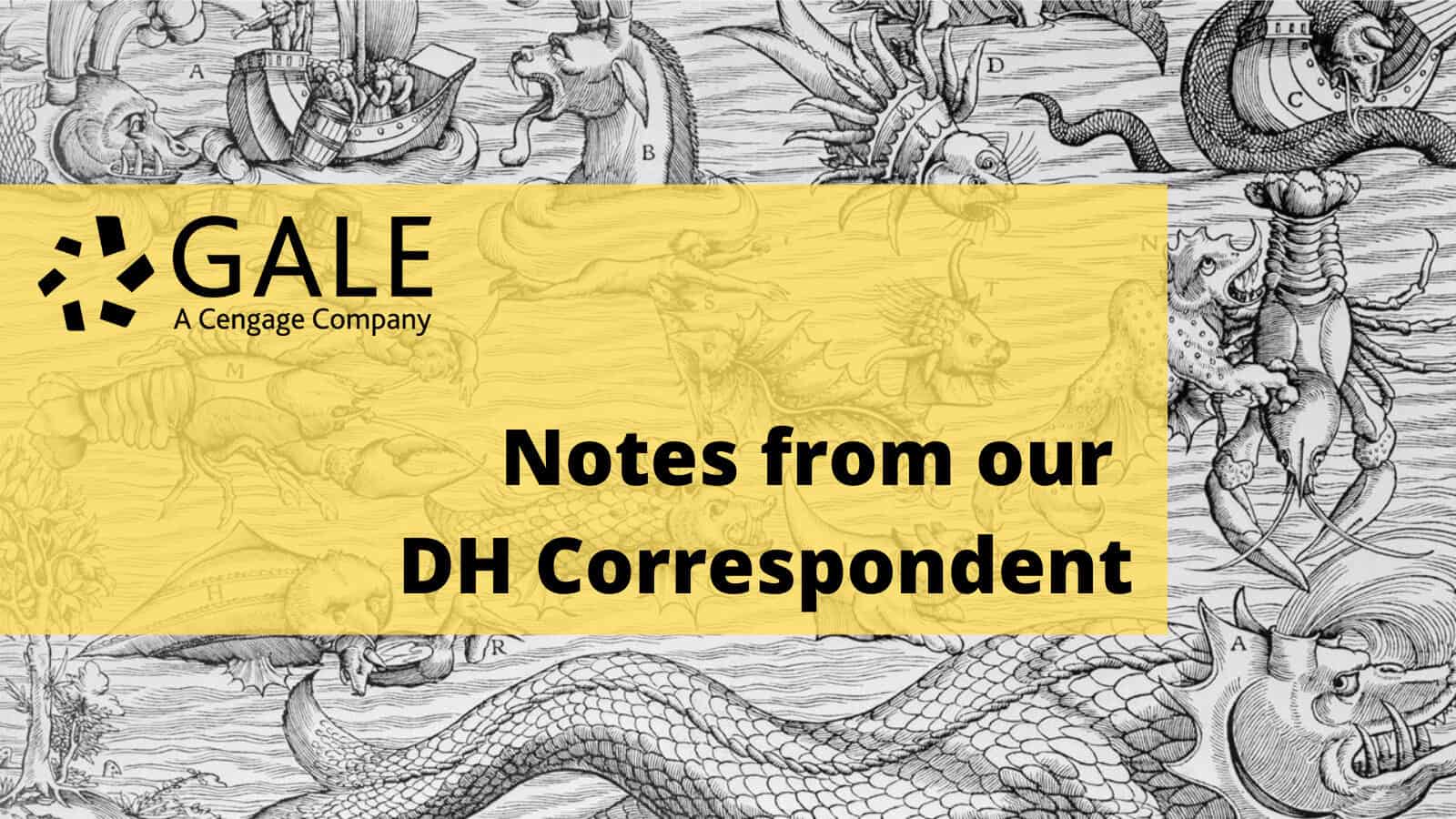│By Emma Harris and Lindsay Whitaker-Guest, Associate Editors, Gale Primary Sources│
After the successful launch of the first Gale Primary Sources Learning Centers in Autumn 2021, Gale has released Learning Centers into a larger selection of our archives in August, with more to come in November 2022. The Learning Centers are comprehensive guides for both students and instructors to enhance their approach to researching primary sources and for developing the critical thinking skills needed for their analysis. The Learning Centers are also particularly helpful for those using primary source archives independently for the first time.

